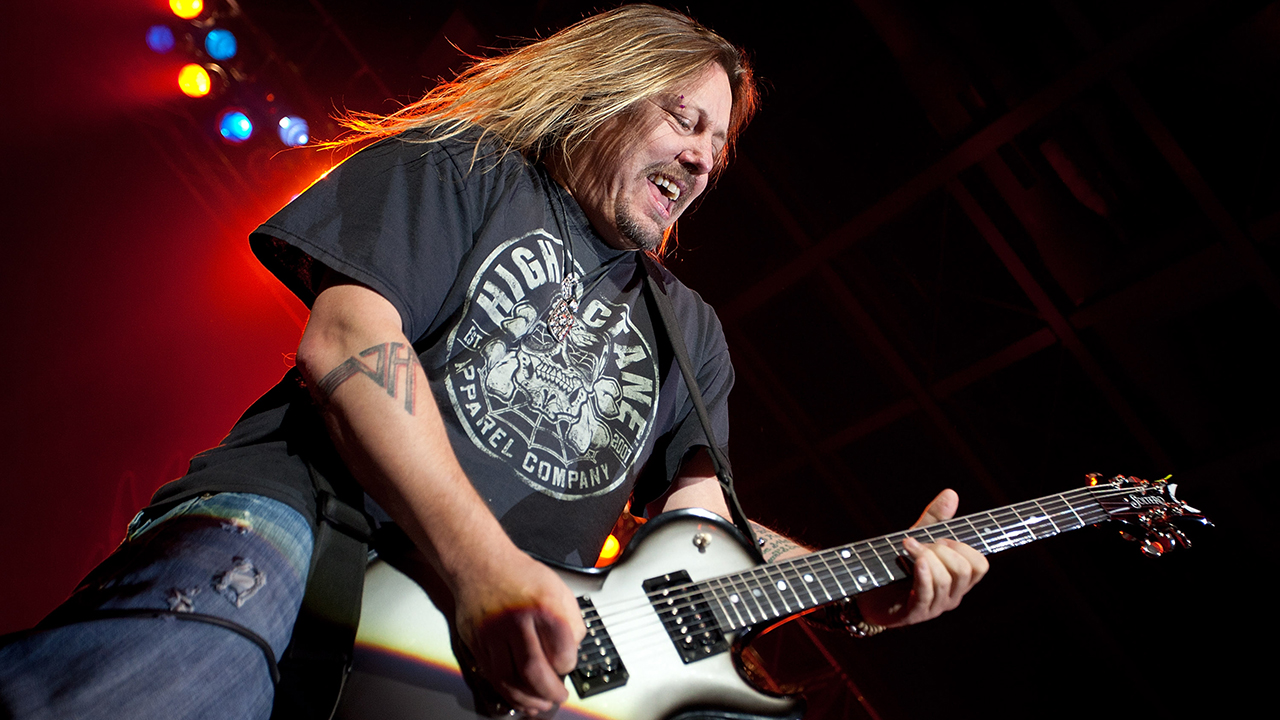All the latest guitar news, interviews, lessons, reviews, deals and more, direct to your inbox!
You are now subscribed
Your newsletter sign-up was successful
Ever since the inception of the Waza Craft series, Boss has been slowly growing one of the most popular pedal lineups of recent times – one that features contemporary reinventions of historical favorites, such as the coveted HM-2W Heavy Metal and CE-2W Chorus.
Now, though, the Japanese pedal specialist has debuted arguably one of its most highly anticipated Waza Craft entries of all – a reboot of the DS-1 Distortion, the DS-1W.
It’s been a long time coming: not only was the flagship 1978 unit Boss’ first-ever distortion pedal and one of its earliest compact stompboxes, it’s also the company’s top-selling compact pedal of all time. In fact, more than 1.5 million units have been sold to date.
Indeed, the DS-1 has famously been used by numerous electric guitar titans throughout the decades. Steve Vai, Joe Satriani, John Frusciante and George Lynch are all notable champions of the DS-1, as were the late Gary Moore and Kurt Cobain.
As such, a Waza Craft version of one of the most popular distortion units ever made always looked like a question of when, not if.
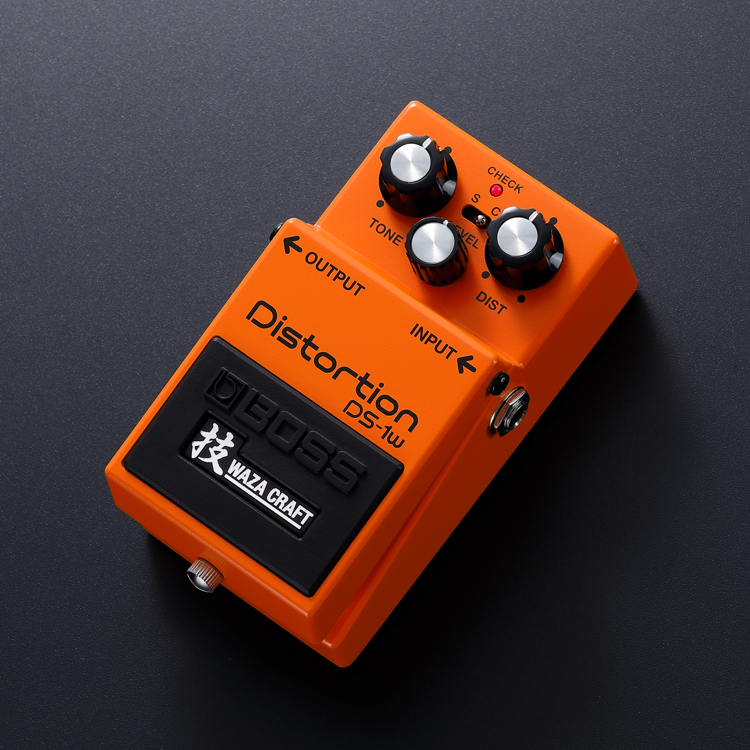
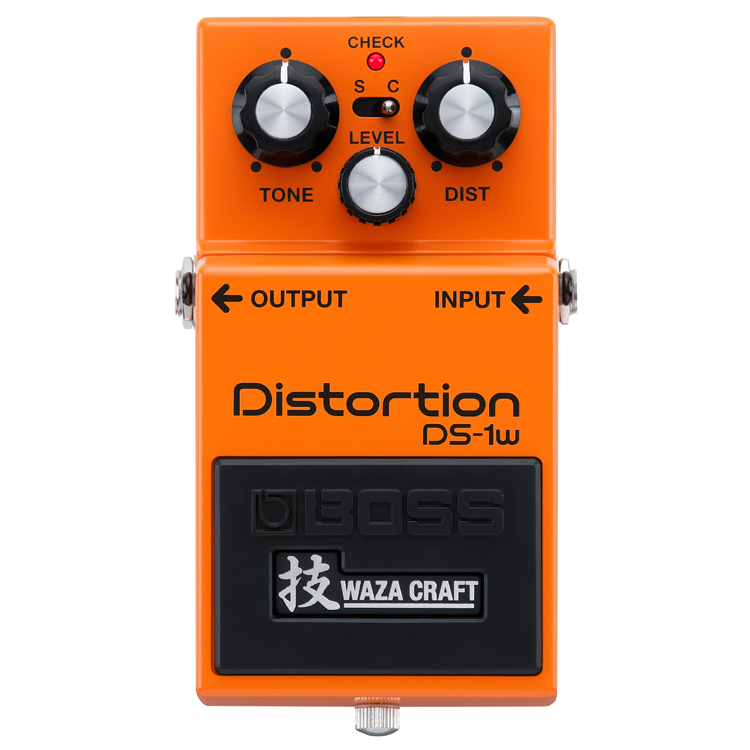
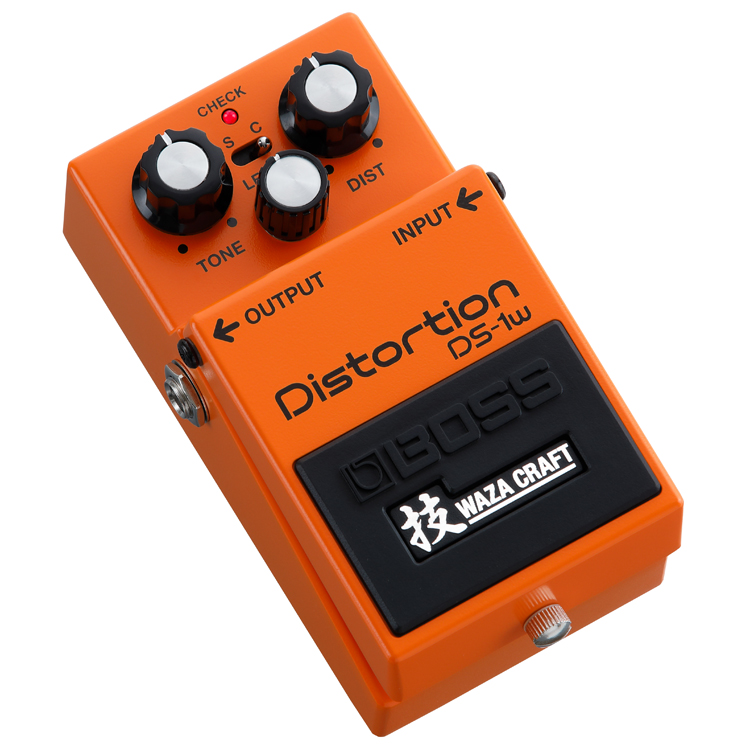
Well, now is that time, and – like all Waza Craft models – Boss has sought to pay tribute to the original design while supercharging it with some modern tweaks that promise “more range and versatility”.
At a glance, the DS-1W keeps the same topography of its predecessor, though introduces a central toggle switch that flicks between two modes.
All the latest guitar news, interviews, lessons, reviews, deals and more, direct to your inbox!
The first mode is a recreation of the first, made-in-Japan iteration of DS-1 tone, delivering “the authentic sound of the original in every way”. In practice, its two-stage gain circuit promises familiar fullness and definition, which can be tweaked via Tone, Distortion and Level knobs.
More specifically, the versatile Tone affects low and high frequencies, boosting and cutting each end of the spectrum as it is dialed back or cranked up. As such, it’s a like-for-like replica of the original circuit that produced the tight, hard-edged distortion tones that have been heard on records since ‘78.
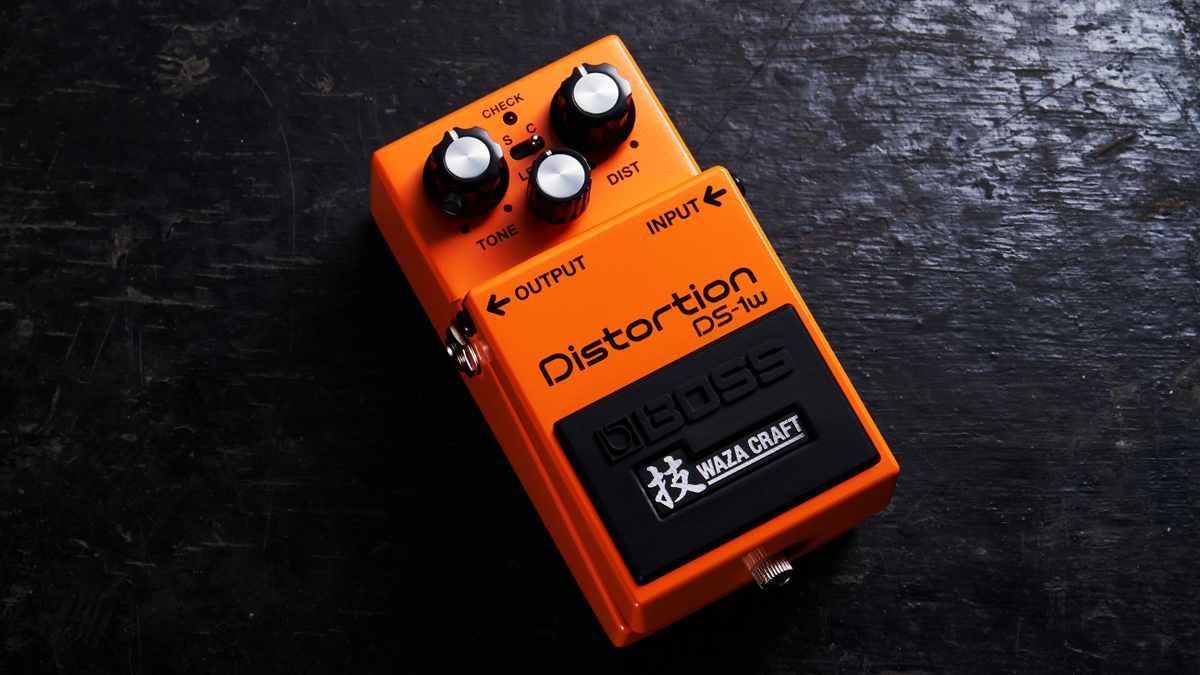
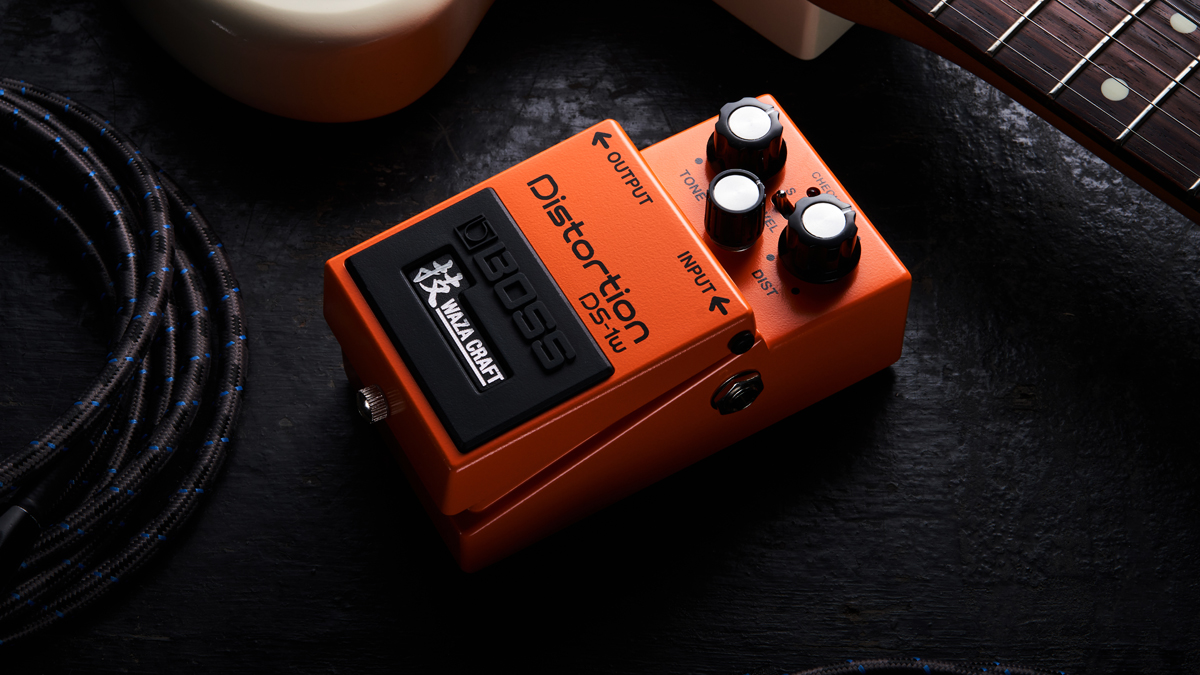
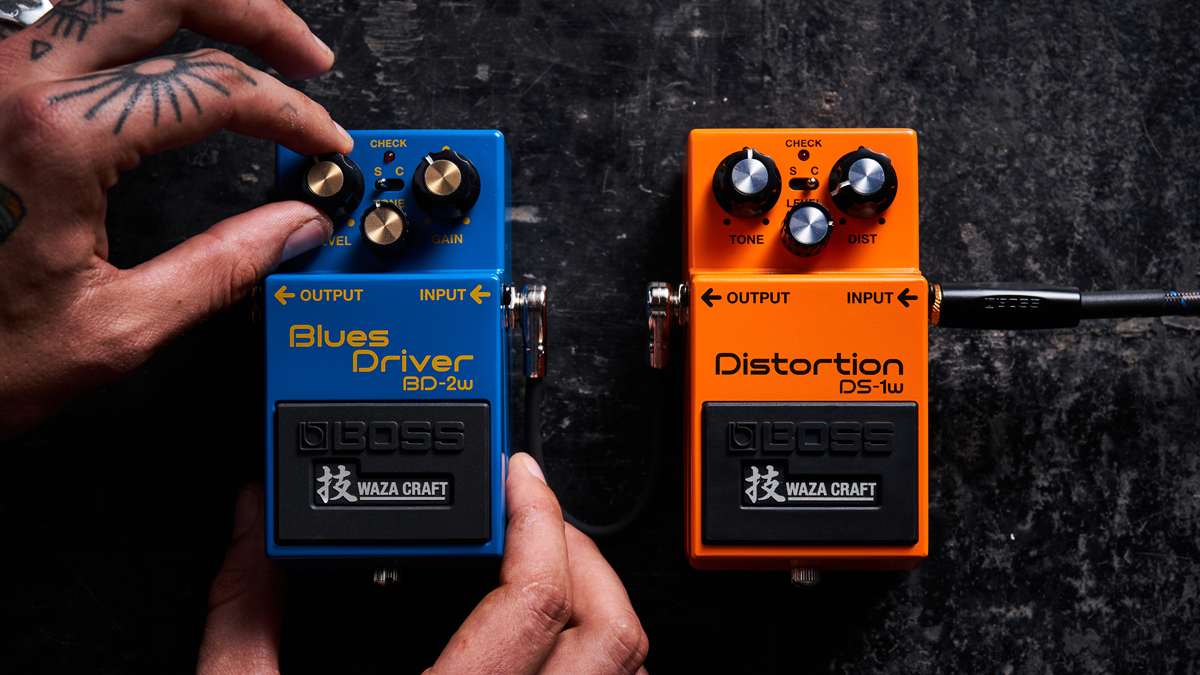
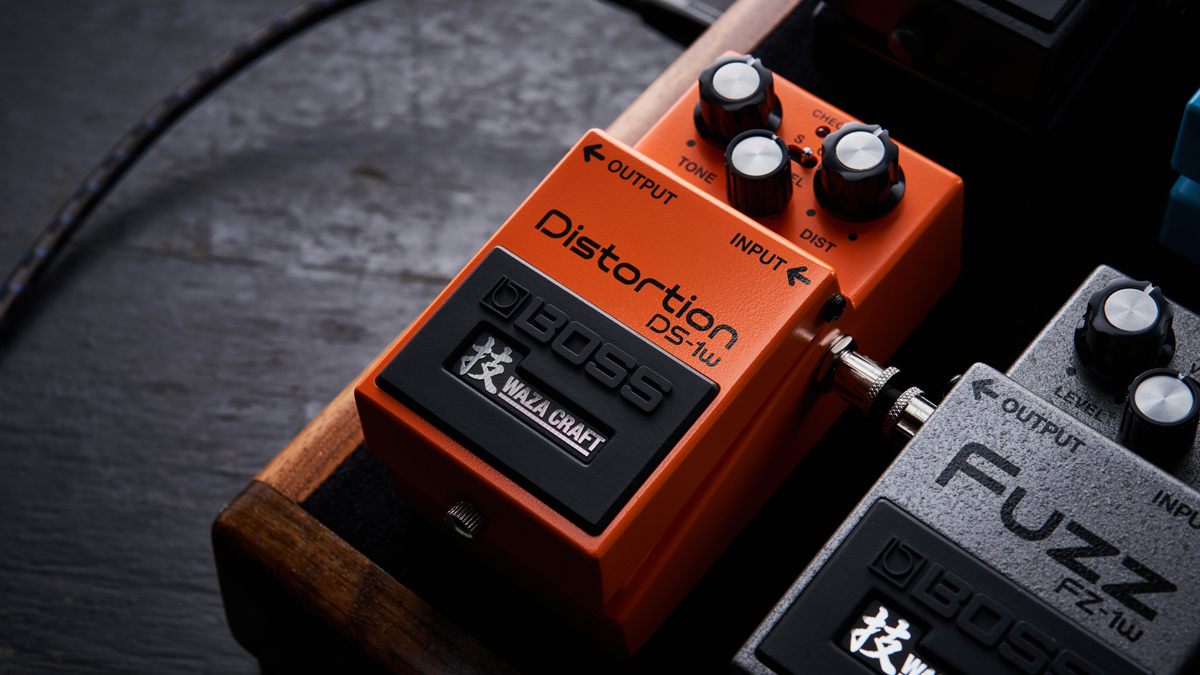
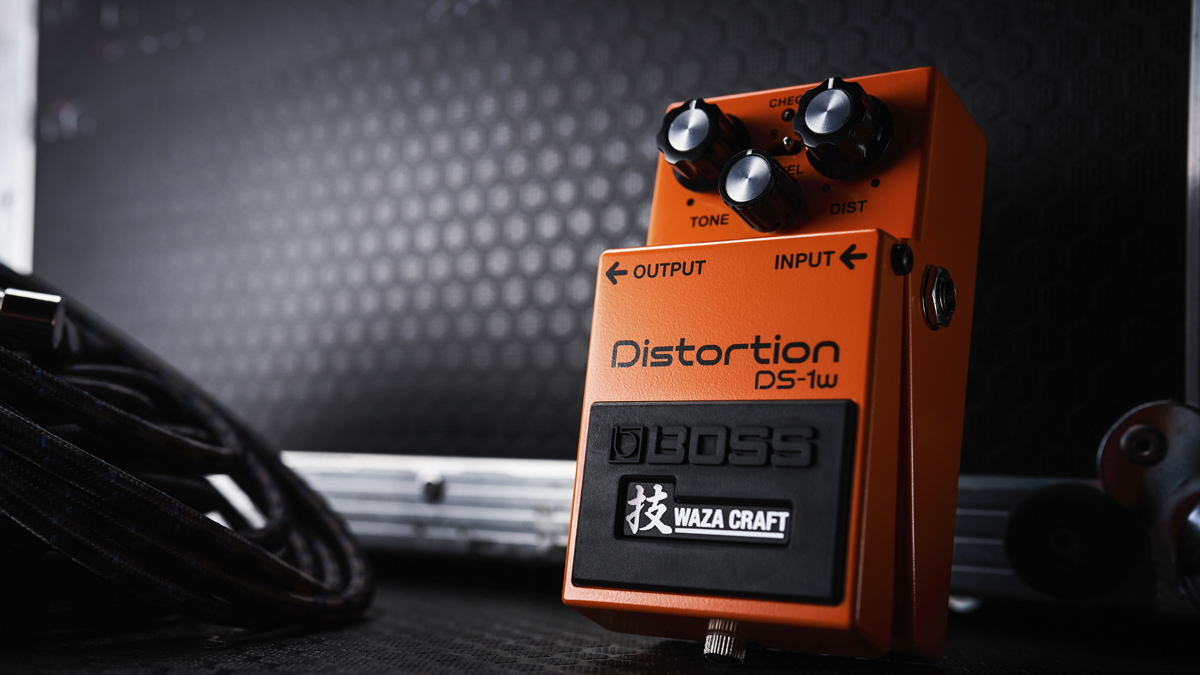
A flick of the switch will grant access to the Custom mode – a new all-analog voice that vows to take the DS-1 character “to the next dimension”.
In its quest to deliver inter-dimensional tone, the Custom mode sets its sights on harnessing a thick, mid-focused sound that provides even more fatness and cut to stand out in the mix.
Likewise, the Tone parameter has been fine-tuned for each mode and aims to maximize said richness and presence, with the available level also increasing by 6dB to provide a wider range of gain boost for driving amps and pedals.
Other Waza Craft-standard appointments include a premium buffer that aims to keep your tone sounding clean and clear when the DS-1W is not in operation.
The DS-1W is the latest Waza Craft creation, and joins units such as the DM-2W Delay, TB-2W Tone Bender, FZ-1W Fuzz and SD-1W Super Overdrive.
The DS-1W will be available this month for $149.
Head over to Boss to find out more and to peruse the entire Waza Craft range.

Matt is the GuitarWorld.com News Editor, and has been writing and editing for the site for five years. He has a Masters in the guitar, a degree in history, and has spent the last 19 years playing everything from blues and jazz to indie and pop. During his GW career, he’s interviewed Peter Frampton, Zakk Wylde, Tosin Abasi, Matteo Mancuso and more, and has profiled the CEOs of Guitar Center and Fender.
When he’s not combining his passion for writing and music during his day job, Matt performs with indie rock duo Esme Emerson, and has previously opened for the likes of Ed Sheeran, Keane, Japanese House and Good Neighbours.

